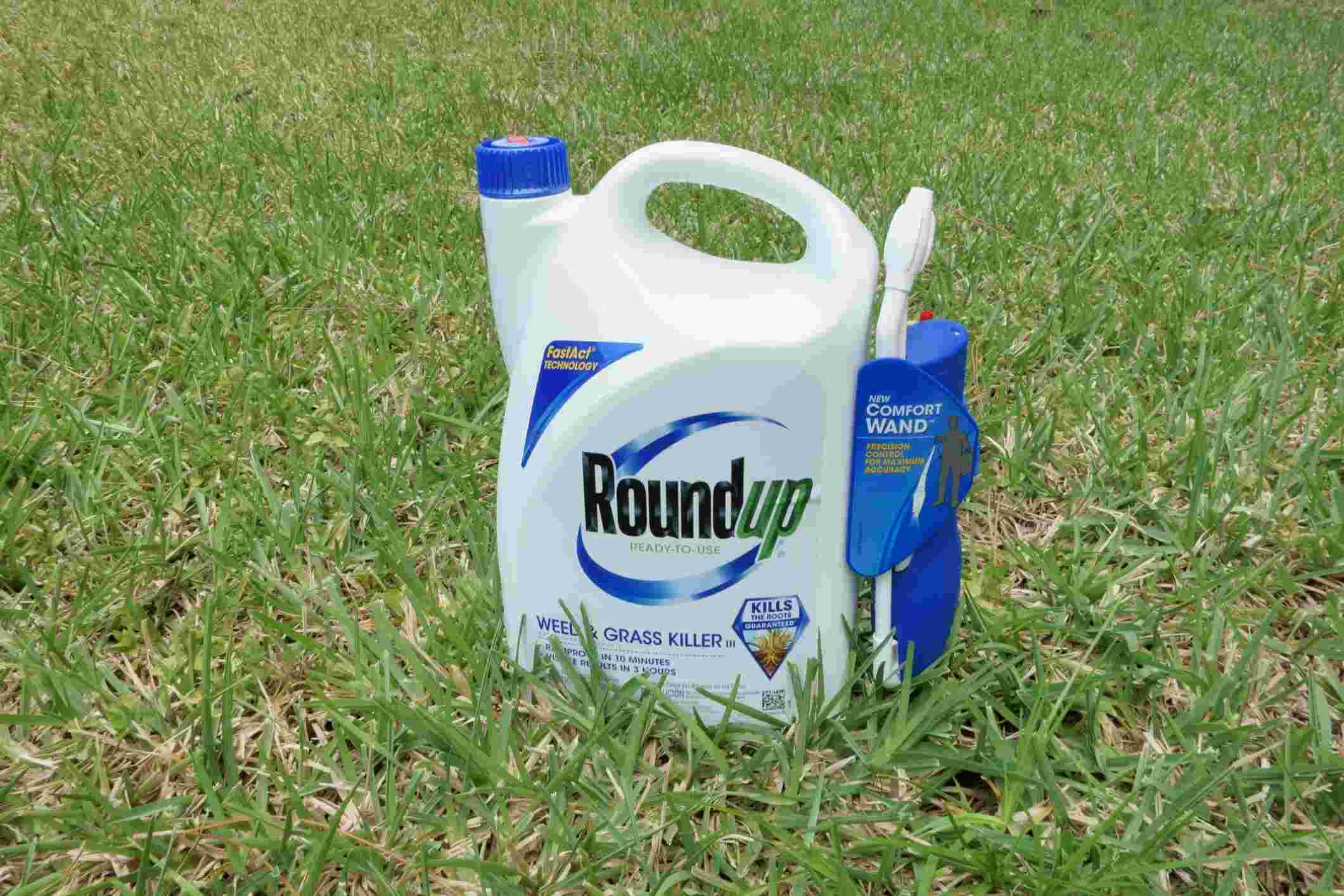Roundup Lawsuits linked to Cancer
Click on the link below to connect with our legal team for a free consultation, we’ll respond within 1 hour during business hours. Or call us 24/7 at (757) 244-7000.












Roundup is one of America’s most popular weed killers. However, an important jury decision in August 2018 raised fears Monsanto’s herbicide is linked to thousands of cases of cancer. Roundup lawsuits linked to cancer have been filed across the nation.
Monsanto was hit by a $289 million verdict in the first trial over claims that Roundup weed killer causes cancer. Monsanto appealed the decision of a jury in San Francisco.
The case was brought by Dewayne Johnson, a former school groundskeeper. The trial was expedited because doctors didn’t think he’d live long enough to learn the verdict if the trial took its scheduled course.
The trial was an important bellwether case and a test of the strength of the evidence against Monsanto. It will serve as a template for litigating thousands of other claims over the herbicide.
Johnson sought $412 million in damages. Jurors awarded him $39 million for his losses and $250 million in punitive damages to punish Monsanto for a defective product and failing to warn of Roundup’s risks. In October 2018, Judge Suzanne Bolanos slashed the original award to $78 million. Monsanto sought a new trial or judgment in its favor.
Johnson, 46, sprayed Roundup and another similar herbicide product in his job as a pest control manager at a San Francisco Bay area school district. He was diagnosed with non-Hodgkin’s lymphoma in 2014 at the age of 42. His doctor said he had less than three years to live at the time of the trial. Roundup is a popular product that has been used for decades. However, the number of Roundup lawsuits linked to cancer is growing.
What is Roundup?
Roundup weed killer was developed in 1970. It is the most popular herbicide in the world. Health concerns about the product relate to the presence of glyphosate in Roundup.
Glyphosate is found in products in homes and garages across America. It’s the second most widely used lawn and garden weed killer in the country. Roundup products have been promoted as user-friendly and effective on poison ivy, kudzu and other weeds.
The main use of Roundup is in agriculture. Nearly every acre of corn, soy, and cotton grown in the United States is treated with glyphosate, according to many reports.
Seeds were genetically engineered to tolerate the chemical, reported National Geographic. The genetically modified seeds produce plants that are resistant to glyphosate. This means farmers can apply the weed killer to entire fields without worrying about destroying crops.
Non-Hodgkin’s Lymphoma Fuels Roundup Lawsuits
The cancer most commonly linked to Roundup is non-Hodgkin’s lymphoma. Lymphoma is a blood cancer. Hodgkin’s lymphoma develops in the blood and bone marrow. It is one of the more treatable forms of cancer.
Non-Hodgkin’s lymphoma (NHL) is more likely to affect the body’s lymph nodes and tissues. Different forms of the cancer grow at different speeds. Some strains develop rapidly. Not only is non-Hodgkin’s lymphoma sometimes more difficult to cure, but it’s also the type of cancer most closely linked to Roundup.
Studies completed around the world all point to a connection between glyphosate in Roundup and lymphoma.
Canadian research suggested the more people who were exposed to glyphosate, the greater the risk of developing non-Hodgkin lymphoma, the Cancer Epidemiology Biomarkers reported in 2001.
How many Roundup lawsuits are there?
Cases brought by more than 400 farmers, landscapers, and consumers who claim Roundup caused them to develop non-Hodgkin’s Lymphoma have been consolidated in California.
However, as many as 5,000 cases are pending in courts across the United States.
Why Weed Killers, Herbicides and Pesticides May be Harmful to Humans
Roundup is the most high profile weed killer to be the subject of lawsuits. However, other herbicide and pesticide products are also under scrutiny.
Studies point to a link between chlorpyrifos, a chemical commonly used in pesticides and a wide range of disorders in children including ADHD, autism, lower intelligence, and tremors associated with Parkinson’s Disease. Many of these disorders are lifelong conditions.
Chlorpyrifos was patented by Dow Chemical more than five decades years ago. This multi-purpose insecticide is used for everything from treating household pets with fleas to protecting crops from mites. Trade names include Lock-On, Lorsban, Cobalt, and Dursban.
Agencies Warn of a Possible Link Between Roundup and Cancer
In 2015, the International Agency for Research on Cancer (IARC) published research suggesting glyphosate is “probably carcinogenic to humans,” meaning it likely causes cancer. Monsanto denies claims that Roundup causes cancer.
The U.S. Environmental Protection Agency determined that the science does not provide evidence that glyphosate causes cancer. The EPA promised to analyze new findings by IARC that glyphosate probably raises the risk of cancer in people exposed to the product.
Agencies Warn of a Possible Link Between Roundup and Cancer
In 2015, the International Agency for Research on Cancer (IARC) published research suggesting glyphosate is “probably carcinogenic to humans,” meaning it likely causes cancer. Monsanto denies claims that Roundup causes cancer.
The U.S. Environmental Protection Agency determined that the science does not provide evidence that glyphosate causes cancer. The EPA promised to analyze new findings by IARC that glyphosate probably raises the risk of cancer in people exposed to the product.
Contact a Virginia Roundup Lawyer
The Smith Law Center has represented clients who suffered cancer and other illness linked to exposure to chemicals. If you or a family member has fallen ill after using Roundup, please contact our Virginia roundup injury legal team at (757) 244-7000.





FAQs
Product Liability Verdicts & Settlements
Trial for Woman with Brain Injury Settles Two Days Into Trial
Awarded:
Summary:
South Carolina Resort Award of $1,750,000.00 In Collapse of Rental Bicycle; Largest in State History for Mild Traumatic Brain Injury
Awarded:
Summary:
%201%20(1).avif)
About Smith Law Center
About Smith Law Center
%201%20(1).avif)







